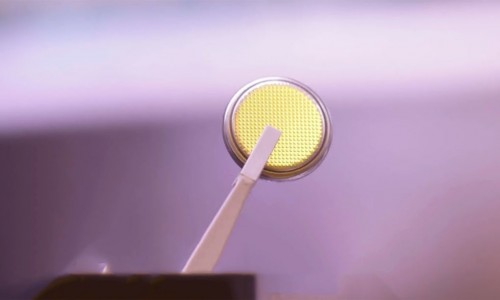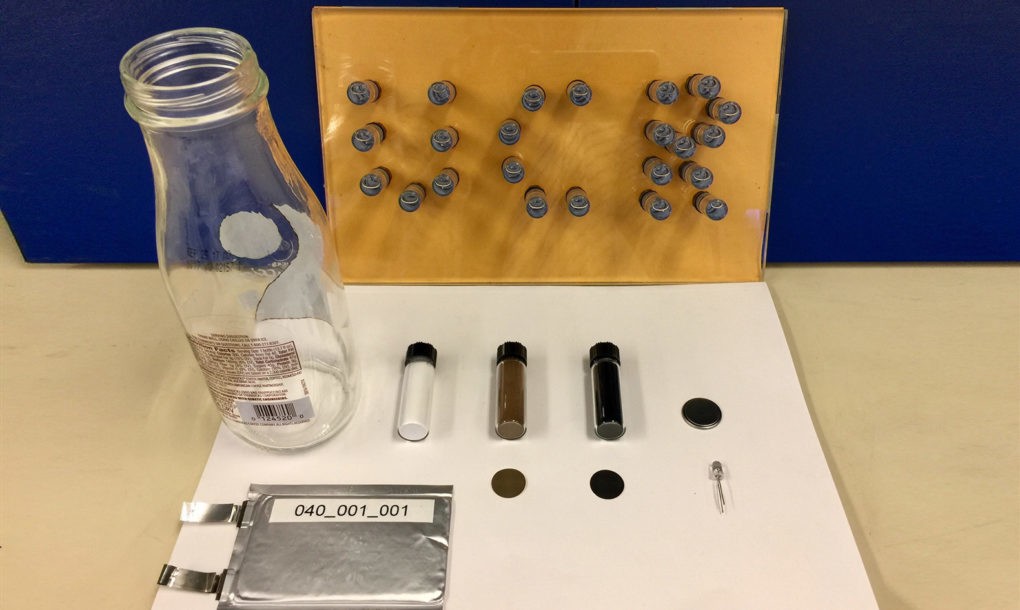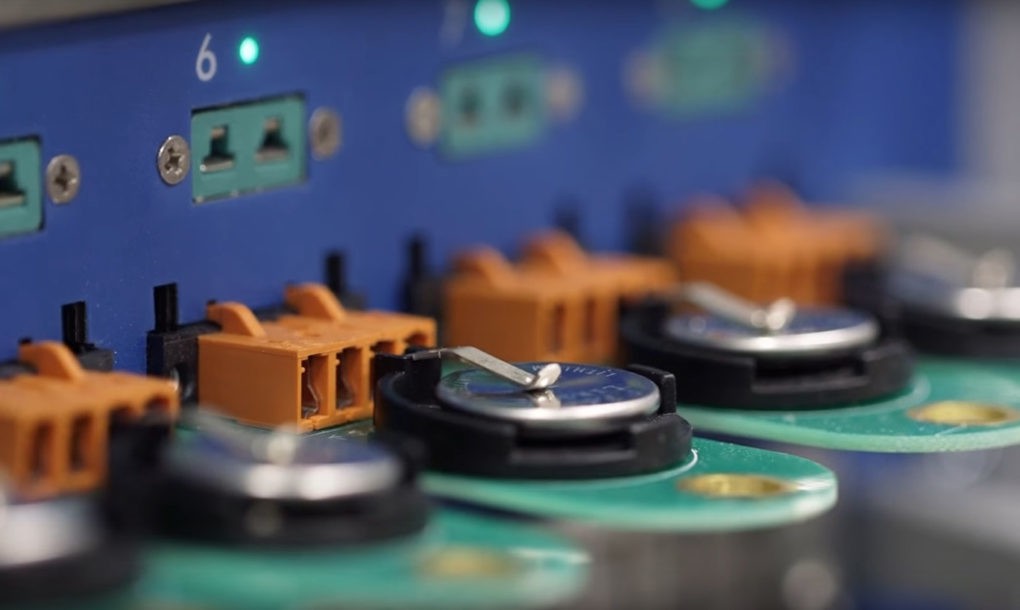RECOMMENDED VIDEOS

DS Technology - Colour Measuring Devices by Konica Minolta
DS Technology & Services Sdn Bhd

Dyson : Airblade Tap Hand Dryer
Visionary Solutions Sdn Bhd

1044 - Bamboo iPad Stand, Desk Organiser
Finoak Ltd

Ecotourism at KENVO
Kijabe Environment Volunteers (KENVO)

Hirakawa "Cool Gelmat"
THAI HIRAKAWA CO.,LTD.
Related Stories
German city offers ingenious alternative to single-use coffee cups
These vegan “Star Wars” sneakers are made with discarded pineapple leaves
Loch sunglasses are made of 500-year-old timbers from the Great Lakes
Freitag Bags still going strong after 24 years
Norton Point makes stylish sunglasses from recycled ocean plastic
27 Apr, 2017

Lithium-ion batteries made from recycled glass bottles store almost 4x more energy
Eco Products & Services | UNITED STATES | 25 Apr, 2017
Published by : Eco Media Asia
A team of researchers at UC Riverside developed a low-cost way of turning disgarded glass bottles into lithium-ion batteries that store almost four times more energy and can last much longer than conventional batteries. This could mean significantly fewer charges for laptops, cell phones and electric cars, not to mention reducing waste.
The team, led by Cengiz Ozkan, professor of mechanical engineering, and Mihri Ozkan, professor of electrical engineering at UC Riverside, asked themselves whether silicon dioxide found in waste beverage bottles would be able to provide high purity silicon nanoparticles that can be subsequently used for lithium-ion batteries.

The three-step process of producing the anodes starts by crushing and grounding glass bottles into fine white powder, silicon dioxide is then converted into nanostructured silicon, followed by coating the silicon nanoparticles with carbon.
According to lab test, coin cell batteries that were made using the glass bottle-based silicon anodes considerably outperformed conventional batteries and demonstrated excellent electrochemical performance. The team expect these high-performance batteries to not only extend the range of plug-in hybrid electric vehicles and electric vehicles, but also provide extra power with fewer charges to laptops, cell phones, and other gadgets.

Article from inhabitat.com
by Lidija Grozdanic
